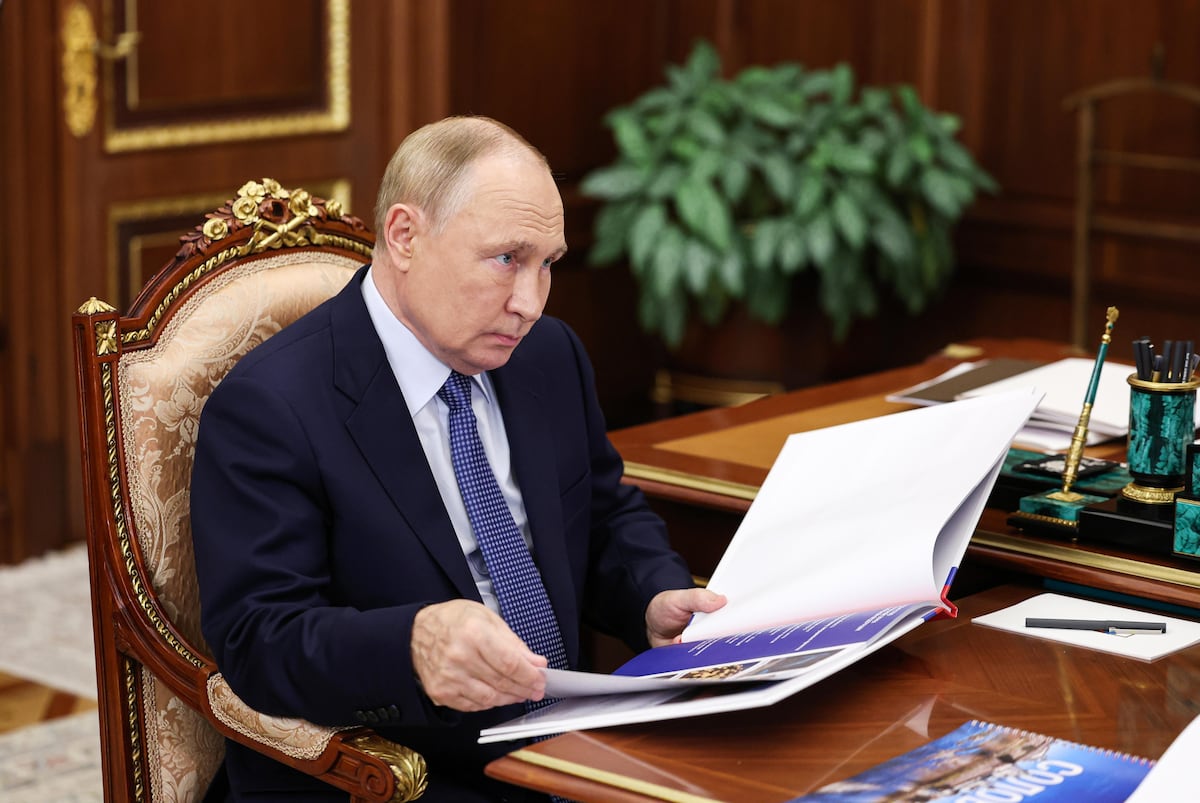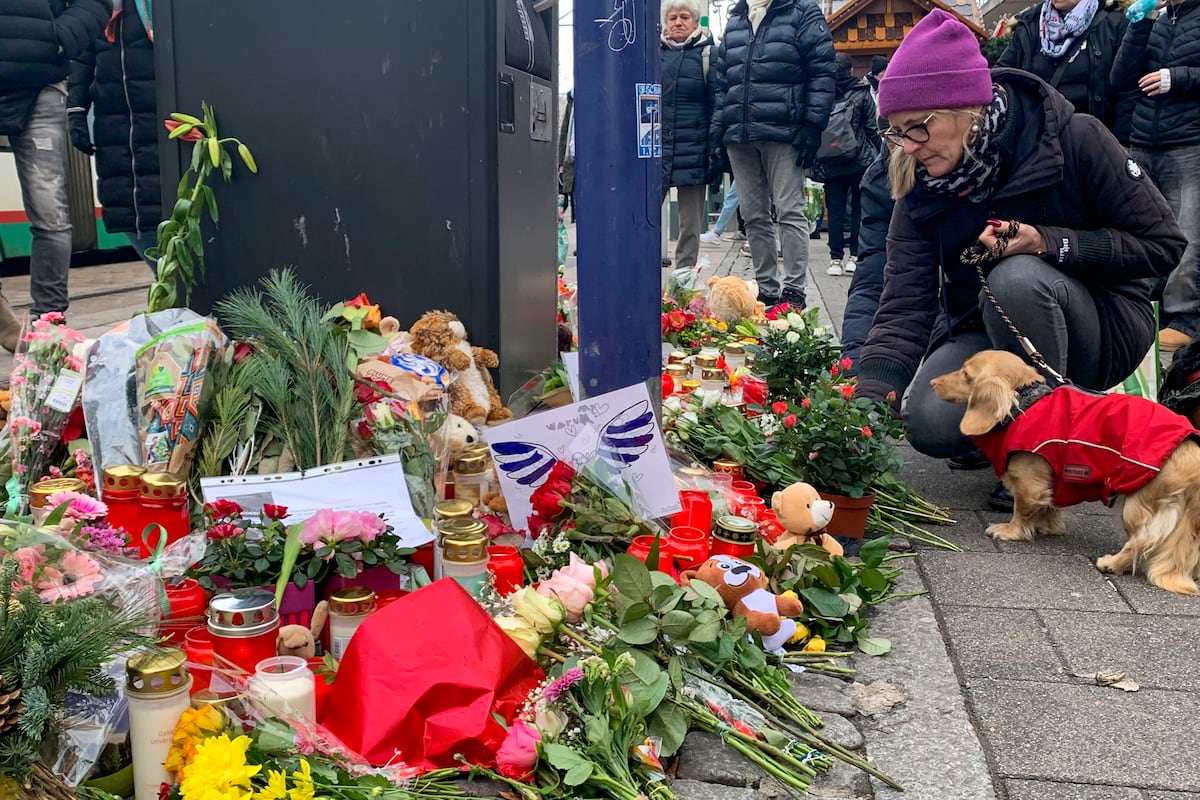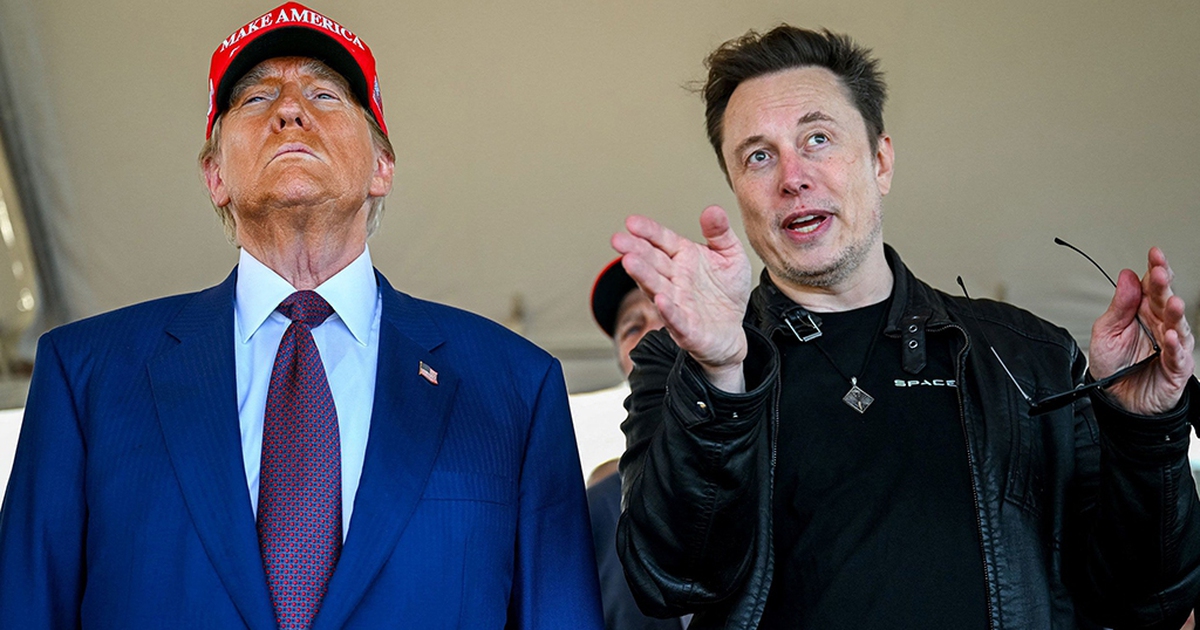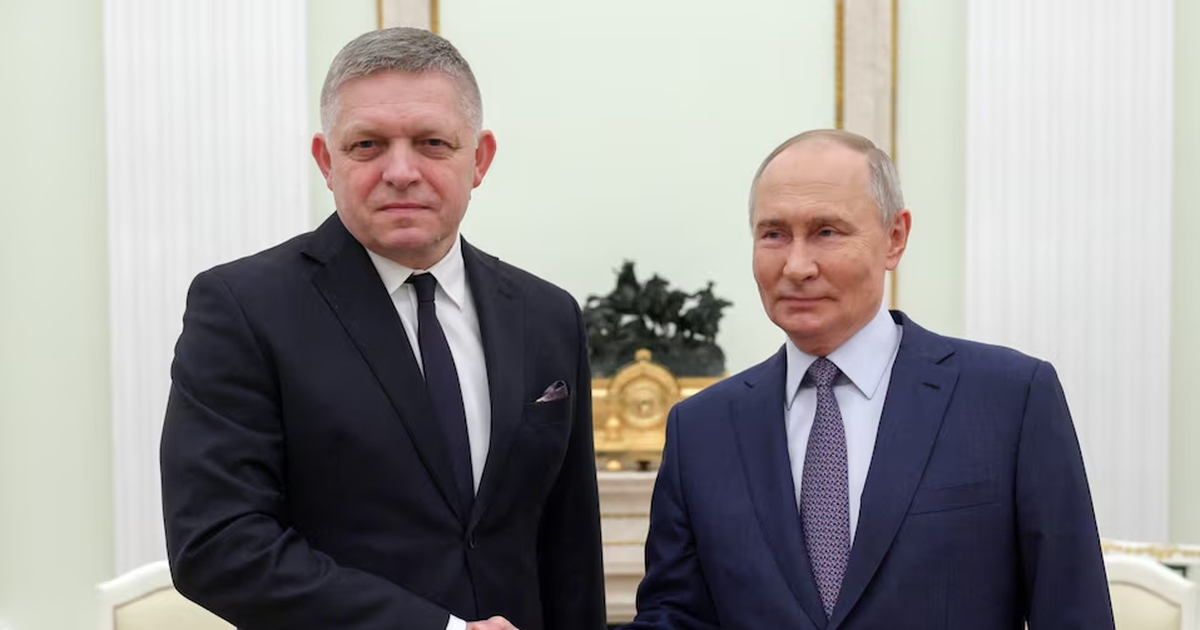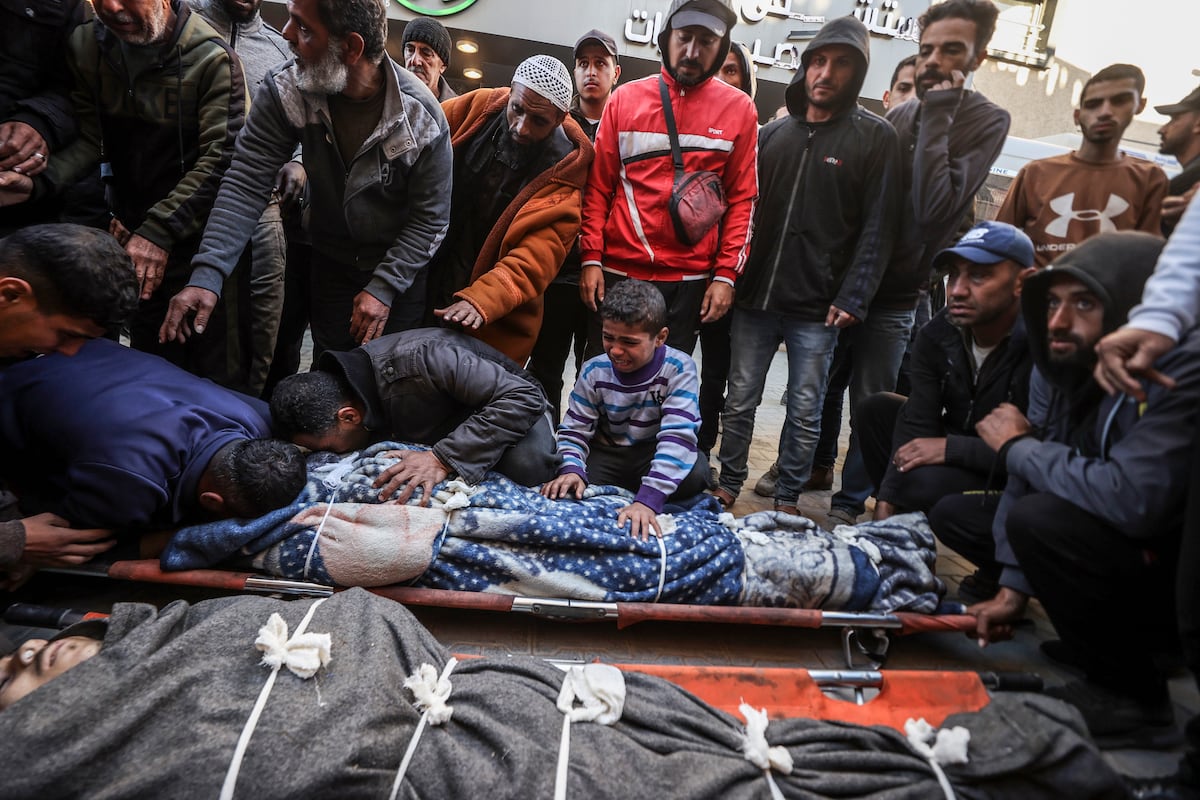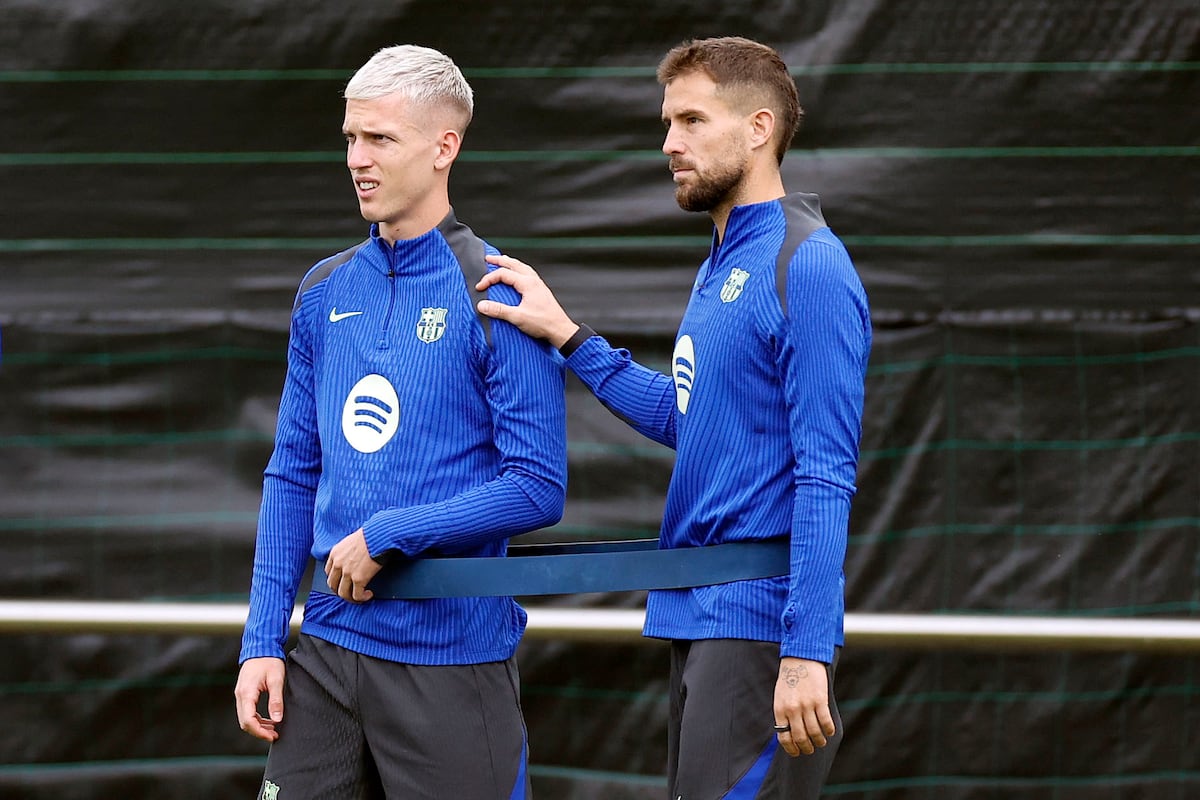The Kremlin has raised the level of its rhetoric against Keir Starmer’s Labor Government, just a week after Ukraine launched British Storm Shadow missiles against Russian territory. Moscow has banned around thirty ministers, secretaries of state, deputies, military personnel and businessmen from the United Kingdom from entering the country.
The statement announcing the list accuses the British authorities of “incessant aggressive anti-Russian rhetoric,” and the “unilateral and systematic imposition of illegitimate restrictions” against Russia, as well as “a thoughtless policy by the leadership of that country.” country [del Reino Unido] in support of the neo-Nazi regime in kyiv, which pursues purely selfish geopolitical interests and leads to a senseless prolongation of the Ukrainian conflict.”
Among the Labor politicians banned from entry by Moscow are Chancellor of the Exchequer Rachel Reeves; the Deputy Prime Minister and Minister of Housing, Angela Rayner; that of the Interior, Yvette Cooper; that of Justice, Shabana Mahmood; or that of Health, Wes Streeting.
Moscow accuses Starmer’s government of carrying out “Russophobic policies”, but unlike its ambassador in London, Andrei Kelin, who last week accused the United Kingdom “of being directly involved in this war [la de Ucrania]”, this Tuesday’s statement backs off the accusation a bit. He assures that “military support [británico] to the Ukrainian armed forces, which borders on the direct involvement of the United Kingdom in the conflict (…) indicates an attitude of London directed towards a systematic confrontation with Russia.”
Espionage accusations
The decision to impose these travel bans, symbolic in their aggressiveness but with no practical effect, occurred a few hours after Moscow announced the expulsion from Russian territory of a member of the British embassy, accused of espionage. The Federal Security Service of the Russian Federation (FSB) has assured that the diplomat, who has been given two weeks to leave the country – and whose photo has circulated in the main Russian media – “provided false information about intentionally when he filled out his application for entry into Russia, thereby violating the law.”
The FSB accuses the diplomat of having participated in “reconnaissance and subversive activities, which posed a threat to the security of the country.”
The British ambassador in Moscow, Nigel Casey, has been recalled by the Russian Government for consultations.
Downing Street has accused Putin of making “malicious and baseless accusations” against British staff. The Kremlin had already decided, last August, to expel six other British diplomats, whom it also accused of espionage, in response to London’s accusations against the illegal activities of the Russian Government in European territory.
“The UK Government has no remorse in protecting its national interests and will respond in due course. [a las medias anunciadas por el Kremlin]“said a Downing Street spokesperson. “Our embassy in Moscow will continue to carry out its important work in Russia to support the interests of the United Kingdom,” he added.

